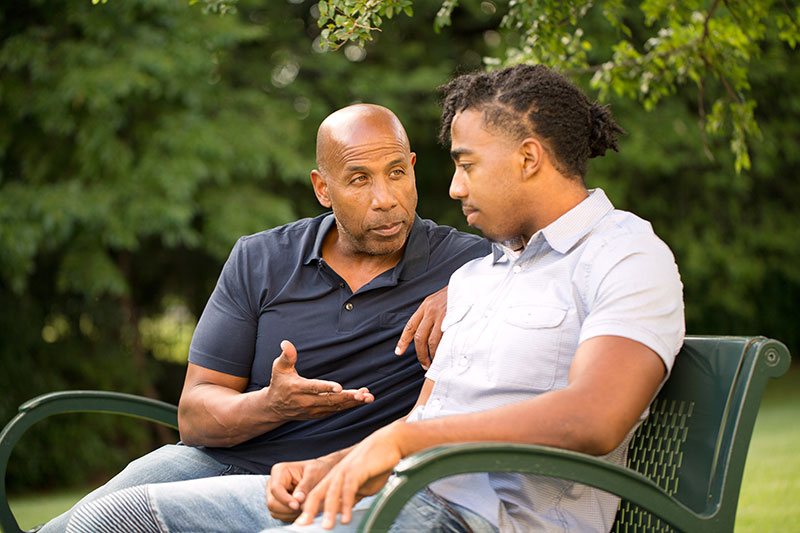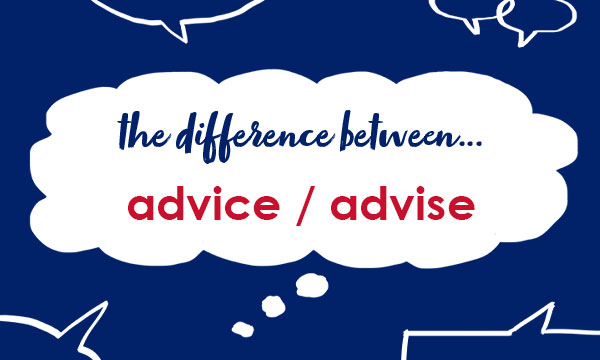This week we are looking at two words which may be confused by learners of English: advice and advise.
advice

Advice is a noun. If you give someone advice, you tell them what you think they should do.
Take my advice – don’t bother.
She promised to follow his advice.
Advice is uncountable. Don’t talk about ‘advices’ or ‘an advice’. However, you can talk about a piece of advice.
What’s the best piece of advice you’ve ever been given?
Could I give you one last piece of advice?
advise

Advise is a verb. If you advise someone to do something, you say that you think they should do it.
He advised her to see a doctor.
He advised me not to buy it.
If you say to someone `I advise you to…‘, you are telling them that you think they should do it.
The operation will be tiring so I advise you to get some rest.
Be Careful! Don’t use ‘advise’ without an object. Don’t say, for example, ‘He advised to leave as quickly as possible’. If you don’t want to say who is receiving the advice, you say, for example, ‘His advice was to leave as quickly as possible’.
Diego’s advice was to wait until the morning.
Find out more in our English Usage article.
This blogpost is based on Collins COBUILD English Usage, written for learners of English. For more examples of English usage points, please visit: https://grammar.collinsdictionary.com/english-usage.
All opinions expressed on this blog are those of the individual writers, and do not necessarily reflect the opinions or policies of Collins, or its parent company, HarperCollins.




collins_dictionary_official
The home of living language. #wotd #wordlovers #collinsdictionary
Read our word of the week definitions and blog posts: